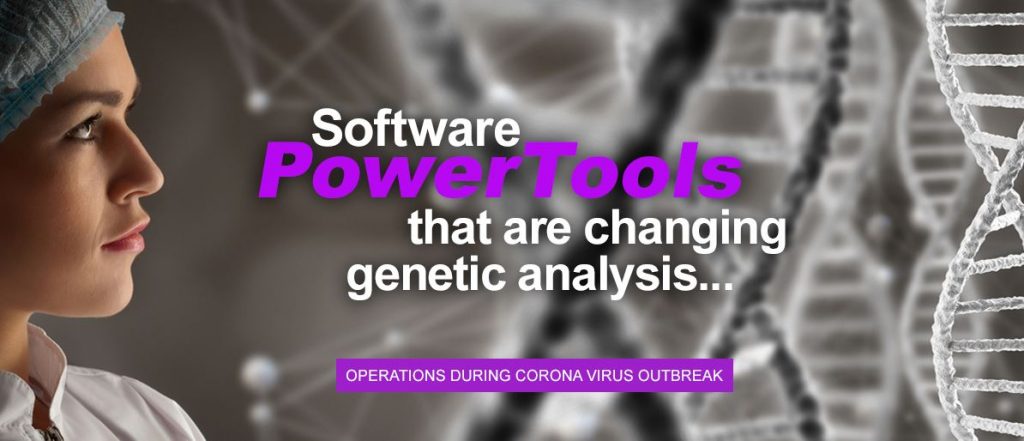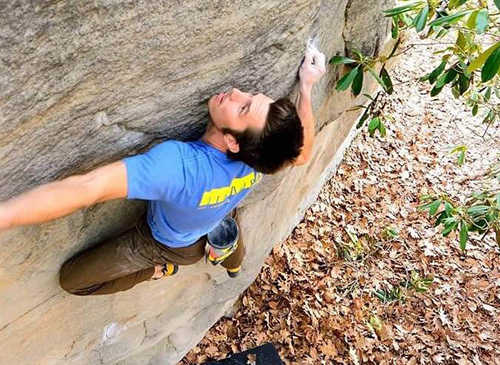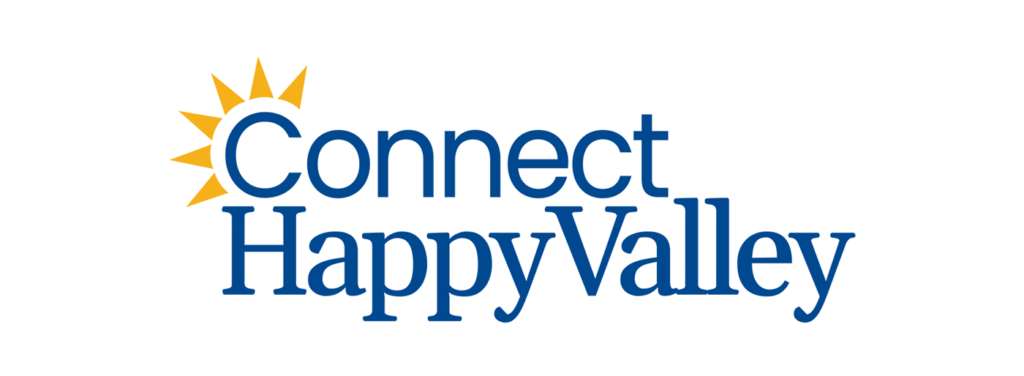
Happy Valley innovation and ingenuity is a driving force in this Ben Franklin Technology Partners’ success story, but timing played an equally important role in the rise of SoftGenetics.
“It was kind of kismet,” chuckles co-founder John Fosnacht. “My partner Dr. Jonathan Liu and myself had just sold a weld sequencer to a leading cancer researcher at Johns Hopkins University during the time of the human genome study.”
This was years ago, when researchers were trying to take a “normal” sample with no known diseases and sequence the genome to then compare with a diseased sample. This would allow them to see exactly what mutations or aberrations in the DNA might be causing that particular disease.
Fosnacht recalls, “At the time, the researcher told us, ‘Now, I can see all this stuff. But now I have to have about 20 postdocs sitting here comparing the sequences of a patient to the normal. That’s going to be a real project…’”
Before leaving, the researcher offhandedly mentioned to the duo that it would be great to have software that mimics the human eye, to perform the comparison of the patient to the normal, and then highlight where the differences are.
“So, on the way home, my partner Dr. Liu, who handles the technical part of all this, said, ‘You know, I could probably develop that software’,” says Fosnacht. “At the time, there was nothing like it on the market. The only available option was manual labor. It took us about a year to develop the software in conjunction with the researcher at Johns Hopkins. But then they had a viable product.”
Ben Franklin Provided the Seed Money to Get This Startup Started
“We both quit our jobs and we wanted to start marketing it. To do that, we needed money to go to conventions and conferences where all the scientists would be. And that’s where Ben Franklin came in. They provided us with seed money — initially about $25,000 — and we used it to go to the American Society Human Genome meeting,” says Fosnacht.
Fosnacht and Liu were the last company to register for the event. They got a little booth way in the back. But once they started demonstrating what their software could do, people took notice. “At the end of each day, we’d have 20-30 people lined up to look at our software,” says Fosnacht. “We got our first orders from that conference.”
“We both quit our jobs and we wanted to start marketing it. To do that, we needed money to go to conventions and conferences where all the scientists would be. And that’s where Ben Franklin came in. They provided us with seed money — initially about $25,000 — and we used it to go to the American Society Human Genome meeting,” says Fosnacht.
The two then went back to Ben Franklin and the organization invested more money. Fosnacht recalls it to be approximately $100,000. This gave them a much-needed infusion of funds that allowed them to travel to different facilities, including the Dana Farber Cancer Institute, the University of Massachusetts and the University of Chicago.
“Our first order was December 2001 from someone in the Netherlands,” remembers Fosnacht. “We were basically working from home with Dr. Liu in his house, my wife and I in ours. I was processing the orders and writing manuals. FedEx would come everyday and we shipped it all over.”
He adds, “We were lucky. We were there when the need was there. For example, that cancer research group at Johns Hopkins published a paper utilizing the software and we immediately got more orders like an hour later.”
It took less than a year to go from idea to sale, but Ben Franklin’s willingness to invest in that idea made all the difference. Additionally, “they taught my wife how to do the accounting, they set me up with an advertising agency and things like that. They really helped us get up to speed on the business of being in business,” Fosnacht says.
Business Took Off, and a New Direction was Discovered
Fosnacht notes, “Then we started developing additional products. And again, Ben Franklin was there to help with the funding so we could hire people to develop them. We’re now up to 27 people here in State College.”
SoftGenetics’ first product, Mutation Surveyor, is the leading product in clinical labs. After the Human Genome Project, the research turned more toward clinical applications. For example, if you have a particular disease that doctors believe are hereditary or DNA or genome related, they can easily take the necessary samples and do a comparison against the normal.
He adds, “We were lucky. We were there when the need was there. For example, that cancer research group at Johns Hopkins published a paper utilizing the software and we immediately got more orders like an hour later.”
The company has 2,000 customers spread across the world. It markets through distributors where the time difference or language are barriers, otherwise it mainly markets through word-of-mouth in English-speaking countries and over the internet.
The process of growing from startup to thriving business wasn’t without its bumps along the way, though. “Ben Franklin gave us a couple rounds of $100,000 investments, which really helped us to keep moving forward at every stage,” Fosnacht says.
Some of SoftGenetics’ major successes include selling its software to the U.K.’s entire Health Services system. Now, all major hospitals there use the software. Mayo Clinic has had a license for more than 15 years. “Getting that level of client has really propelled everything for us,” says Fosnacht.
Now, the company offers seven products. And the future looks bright indeed.
“Once we had the clinical market in hand, we started focusing on the forensic marketplace and we developed software that can take the blood on a piece of glass found at a crime scene and find the individual markers to identify who it belongs to,” says Fosnacht.
“What’s interesting there is that we can take these bones or anything and do the analysis on mitochondrial DNA, which lasts longer than nuclear DNA. It’s also helpful in analyzing DNA in old criminal cases. WIth the use of this, we’ve provided information to get many people out of false imprisonment,” says Fosnacht.
The state of Connecticut, city of Denver and many other places utilize SoftGenetics’ software for forensic identification analysis. And since the forensic marketplace has been growing at a 15% compound rate per year, the company also invested in a mitochondrial DNA company in Happy Valley that specializes in identification through mitochondrial DNA, which is passed down through the mother and used heavily in the identification of remains in mass disasters.
“What’s interesting there is that we can take these bones or anything and do the analysis on mitochondrial DNA, which lasts longer than nuclear DNA. It’s also helpful in analyzing DNA in old criminal cases. WIth the use of this, we’ve provided information to get many people out of false imprisonment,” says Fosnacht.
For budding entrepreneurs, Fosnacht has a piece of advice: “Have confidence in yourself and the people around you. If you thoroughly believe you’ll make it, you will.”
To learn more about SoftGenetics, visit https://softgenetics.com/index.php






